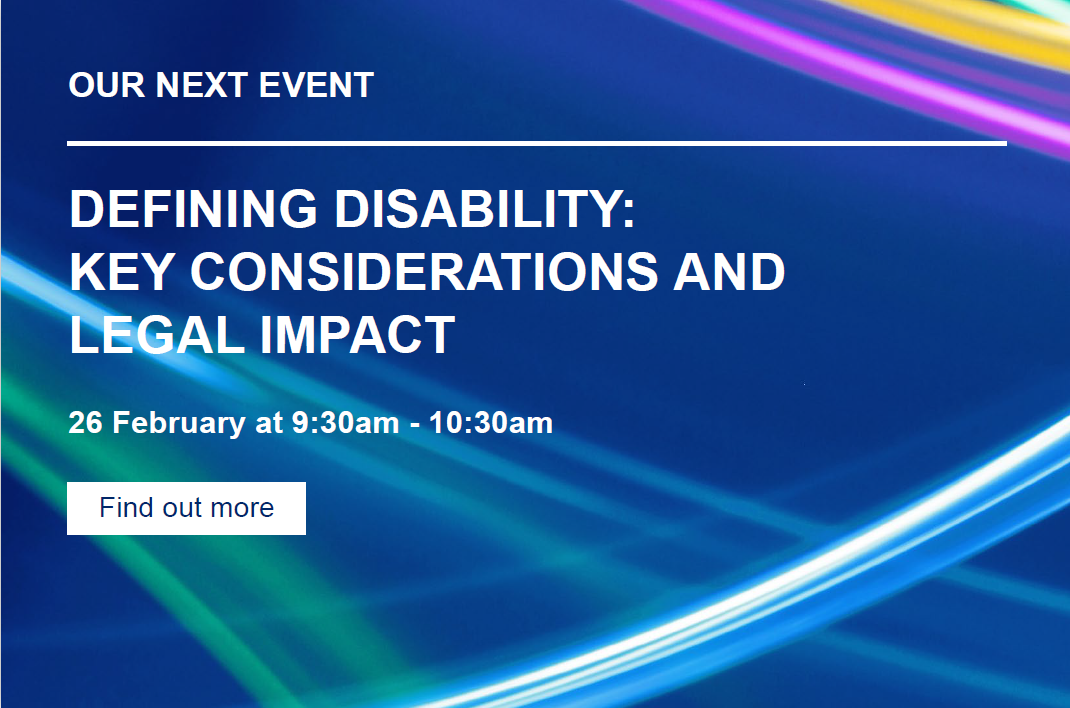Early warnings
![]() Laura Campbell examines the key features and mechanisms for early warnings in the NEC4 Engineering and Construction Contract (the ‘NEC4 ECC’).
Laura Campbell examines the key features and mechanisms for early warnings in the NEC4 Engineering and Construction Contract (the ‘NEC4 ECC’).
- Details
This series of articles has already emphasised that the NEC4 suite works on the basis of collaboration and pro-active contract management. The Early Warning provisions reinforce this approach.
What are the key features of the Early Warning provisions?
The NEC4 ECC includes an early warning mechanism (Clause 15) which is of mutual benefit to the parties under the standard form to control cost, time and quality management. The early warning provisions echo the principles of mutual trust and co-operation by encouraging the parties to find solutions collaboratively and timeously when there is the risk of:
- a price increase;
- a delay to project completion or to meeting a Key Date; or
- the project not being completed to meet requirements for the works to be fully operational upon completion.
Early warnings are managed via an Early Warning Register. This is essentially a risk register. The Project Manager prepares this at the beginning of the project and organises an early warning meeting soon afterwards. Subsequent early warning meetings take place on a regular basis once the project is underway otherwise upon instruction by either the Contractor or the Project Manager as issues arise. Sub-Contractors and others may be asked to attend an early warning meeting if their input is required to resolve an issue.
At an early warning meeting, those in attendance discuss:
- how to avoid or reduce the effect of matters which may have a detrimental impact on the project; and
- solutions to issues and consider the allocation of relevant actions to tackle the risks.
The Project Manager is responsible for updating the Early Warning Register to record decisions made at an early warning meeting and then circulates the Early Warning Register to the Contractor within a week of the meeting. If a decision results in the need for a change to the Scope, the Project Manager issues an instruction for that change when they issue the revised Early Warning Register. The Early Warning Register can also be amended to remove items which no longer present a time, cost or quality risk to the project. It should also identify who is responsible under the contract for actions relating to matters recorded on the Early Warning Register and steps to be taken to deal with matters.
The parties should also include potential early warning matters in the Contract Data when they enter into the contract to the extent that factors can be identified at that stage. These matters will then be included in the Early Warning Register from the outset so that the parties can review each item at early warning meetings for any impact on the project. The Early Warning Register should also note how the risks identified might be avoided or reduced.
Key takeaways:
- The early warning provisions can be used to proactively manage cost, time and quality issues under the NEC4 ECC.
- The Early Warning Register is a live document. It is important to keep it up-to-date and to work through issues collaboratively as the project progresses.
- You should refer to the contractual provisions in full and the Early Warning Register associated with your project if you experience any issues.
For further insight and resources on local government legal issues from Sharpe Pritchard, please visit the SharpeEdge page by clicking on the banner below.
This article is for general awareness only and does not constitute legal or professional advice. The law may have changed since this page was first published. If you would like further advice and assistance in relation to any issue raised in this article, please contact us by telephone or email enquiries@sharpepritchard.co.uk
|
Click here to view our archived articles or search below.
|
|
OUR RECENT ARTICLES
Jul 03, 2025
IPA guidance 2025: Managing PFI distress and preparing for expiryAanya Gujral and David Owens dive into the recent guidance published on managing the risks associated with Private Finance Initiative (“PFI”) projects.
Jul 03, 2025
Data (Use and Access) Act – Updating Data Protection Law and moreOn the 19th June 2025, the Data Use and Access Bill (“DUA Bill”) received Royal Assent to become the Data Use and Access Act 2025 (“DUA Act”).
Jun 24, 2025
Modifying subsidies: What is permitted and what is not?Beatrice Wood and Oliver Slater explore recent developments and discuss the process of awarding subsidies.
Jun 24, 2025
Getting new PPP right: Smarter tools for smarter infrastructureNicola Sumner, Steve Gummer and Roseanne Serrelli discuss the 'dos and don'ts' of Public-private Partnerships in their new form.
Jun 19, 2025
Zones/RABs and heat networks: The path to an investible infrastructure asset class?The UK’s new heat network zoning framework (the outlines for which were drawn by the Energy Act 2023) is set to redefine how low‑carbon heating is delivered by creating geographic zones, where district heat networks are the mandated, optimal solution.
Jun 17, 2025
Partial debt guarantees- Reviving Investment in UK Water InfrastructureIs it Time for a Public Sector Major Infrastructure Debt Guarantor?
|
|
ABOUT SHARPE PRITCHARD
We are a national firm of public law specialists, serving local authorities, other public sector organisations and registered social landlords, as well as commercial clients and the third sector. Our team advises on a wide range of public law matters, spanning electoral law, procurement, construction, infrastructure, data protection and information law, planning and dispute resolution, to name a few key specialisms. All public sector organisations have a route to instruct us through the various frameworks we are appointed to. To find out more about our services, please click here.
|
|
OUR NEXT EVENT
|
|
OTHER UPCOMING EVENTS
          |



